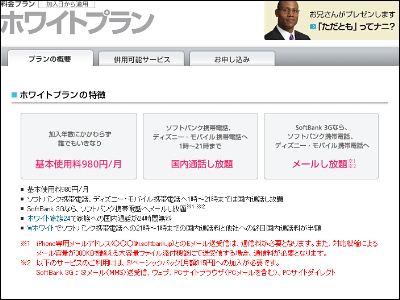Oracle sends audits to Fortune 100 companies to check Java licensing status

It has been reported that Oracle, which provides paid support for Java (Oracle Java), has begun auditing large companies about their Java licensing status, something it had not done before.
Fortune 100 gets Java audit letters for the first time • The Register

In January 2023, Oracle introduced the Java SE Universal Subscription as '
Java SE Universal Subscription FAQ | Oracle Japan
https://www.oracle.com/jp/java/technologies/java-se-subscription-faq.html

Oracle's claim was that customers would get the same benefits they already knew about, but research firm Gartner noted that most organizations would end up paying two to five times more because the licenses are 'based on per-employee consumption measurements' rather than per-processor or per-user.
Oracle Java licensing refit means price hikes, say expert • The Register

However, the only companies that have actually received license audit reports from Oracle are small and medium-sized enterprises with fewer than 100 employees; no audits have been conducted on large enterprises.
But in recent months, Oracle's stance has changed, Craig Gallente, founder of Oracle licensing advisory firm Palisade Compliance, told news site The Register.
Gallente has previously said that Oracle does not audit large companies such as those on the Fortune 100 and Fortune 200 lists, which rank companies based on revenue, and that he believes there may be a limit to the number of companies that can be audited.
However, in May 2024, Oracle began sending official audits to Fortune 100 companies, including existing subscription users and companies that use Oracle Java but have never paid anything to Oracle.
Gallente advises customers to evaluate their position and only pay if they need long-term support for Java, warning that because it's a long-term contract, once you pay you're locked in and if you can't get out within the 30 or 60 day grace period when the contract comes up for renewal, your renewal fees will go up substantially.
Related Posts:
in Software, Posted by logc_nt







